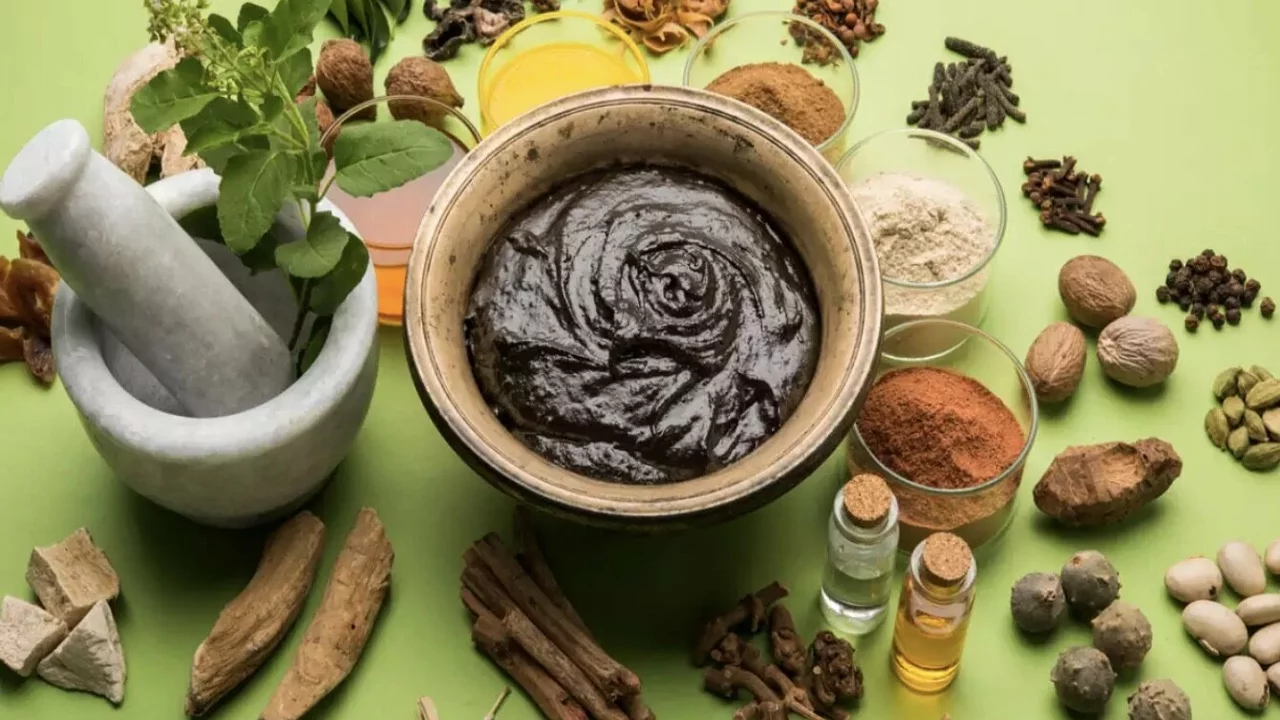Oh boy, let's delve into the fascinating world of Iboga, shall we? This age-old plant medicine is enjoying a terrific comeback as a modern-day miracle supplement. Just like a famous pop star, it's been around for ages, but suddenly it's the hottest thing on the market - talk about a glow-up! So, let's raise our glasses to Iboga, the comeback plant of the year. Trust me, it's like the blockbuster movie you didn't know you needed in your supplement collection.
Iboga (ibogaine): practical facts and safety tips
Iboga—often talked about as ibogaine when referring to its active compound—is a plant medicine used by some people to tackle addiction and for intense inner work. The stories you hear online range from life-changing to dangerous. If you’re curious, here’s what you should know in plain language so you can make smarter choices.
What people use iboga for and what to expect
People most commonly seek ibogaine for opioid, alcohol, or stimulant addiction. Some report reduced withdrawal symptoms and a shift in cravings after a single session. Others use it for psychological insight or deep emotional processing. Sessions are long—often 24 hours of active effects plus monitoring afterward—and people describe vivid visions, emotional release, and physical discomfort.
Results vary a lot. Scientific studies show mixed evidence: some find short-term reduction in use and cravings, but long-term benefits are less clear and depend on follow-up therapy, social support, and aftercare. Iboga is not a stand-alone cure; it’s usually part of a broader treatment plan.
Safety, risks, and how to reduce harm
Ibogaine affects the heart and metabolism. The biggest risks are heart rhythm problems, low blood pressure, and interactions with other drugs. That’s why anyone considering it needs medical screening first. Ask any clinic for an ECG, basic blood tests (electrolytes, liver function), and a full medication review. People with heart disease, certain psychiatric conditions, pregnancy, or severe liver problems are typically advised not to take it.
Mixing ibogaine with certain drugs—especially opioids, methadone, SSRIs, MAOIs, and some stimulants—can be dangerous. A safe clinic will ask you to stop specific medications well before treatment and provide a medical taper plan if needed. Don’t try at-home or unsupervised use. Cardiac monitoring during and for at least 24–72 hours after the session is a common safety step.
Legal status and quality matter. Ibogaine is not approved as a medicine in many countries, and laws differ widely. That means clinics can vary in standards. If you consider treatment abroad, verify the clinic’s medical staff, emergency protocols, and patient reviews. Ask whether they perform pre-screening ECGs, have resuscitation equipment, and provide post-treatment counseling.
Practical checklist before you book: get a clear medical screening, stop risky medications under doctor guidance, plan at least a week off work, arrange a sober companion for travel and early recovery, and line up follow-up therapy. If a provider promises instant cures or skips medical checks, walk away. Real care combines medical safety, psychological support, and realistic expectations.
If you want help finding reliable resources or questions to ask a clinic, I can list practical screening questions and red flags to watch for.

